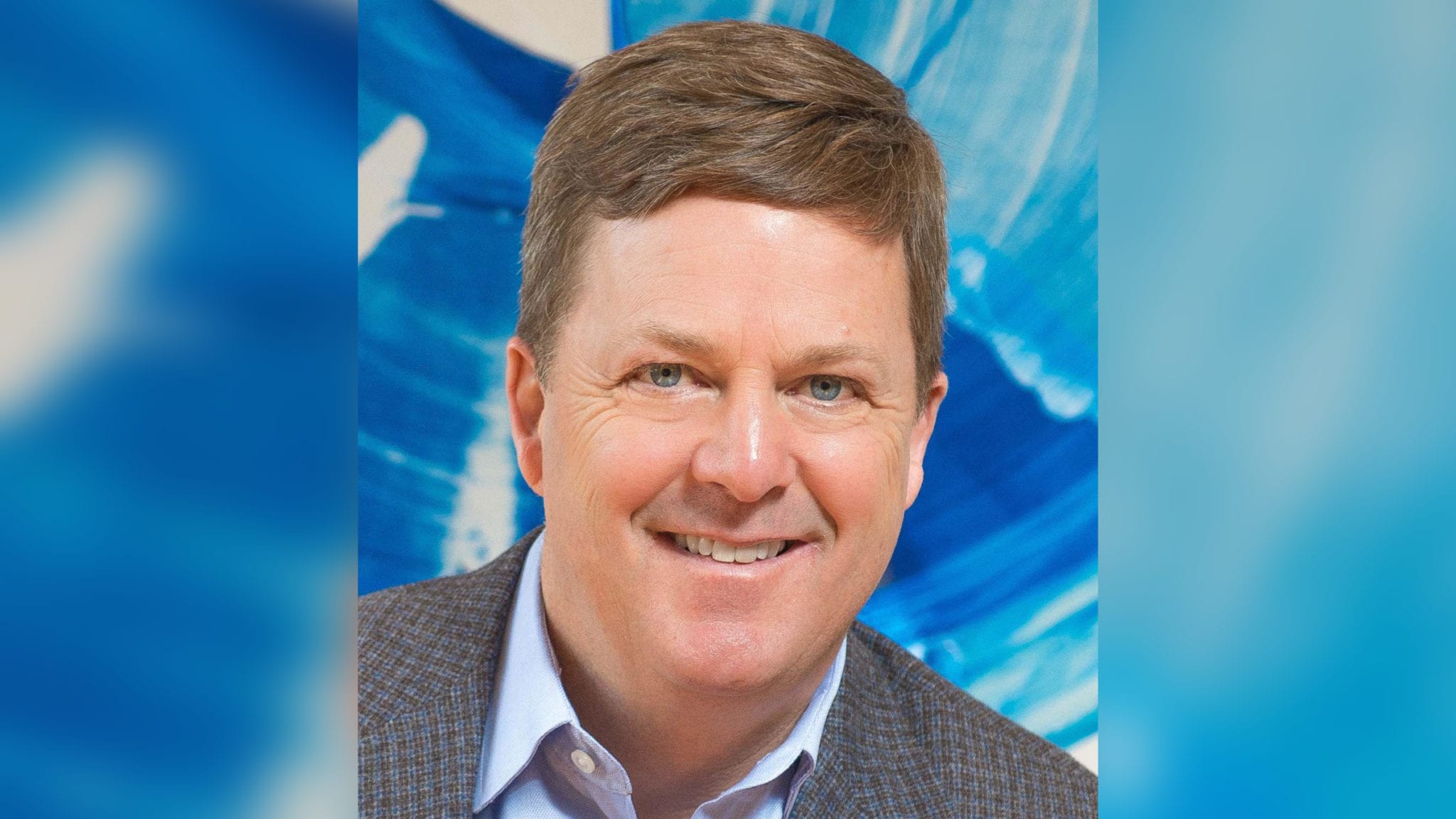
David Southwell. TScan
Novartis backs Harvard spinout's quest to build TCR repository in $48M round
As T cell receptors emerged as a potent tool for the immune system to latch onto tumor antigens, Stephen Elledge wanted to screen antigen-TCR matches …
Sign up to read this article for free.
Get free access to a limited number of articles, plus choose newsletters to get straight to your inbox.